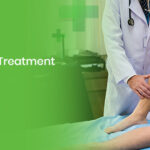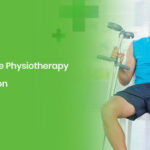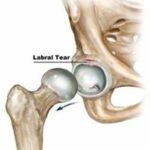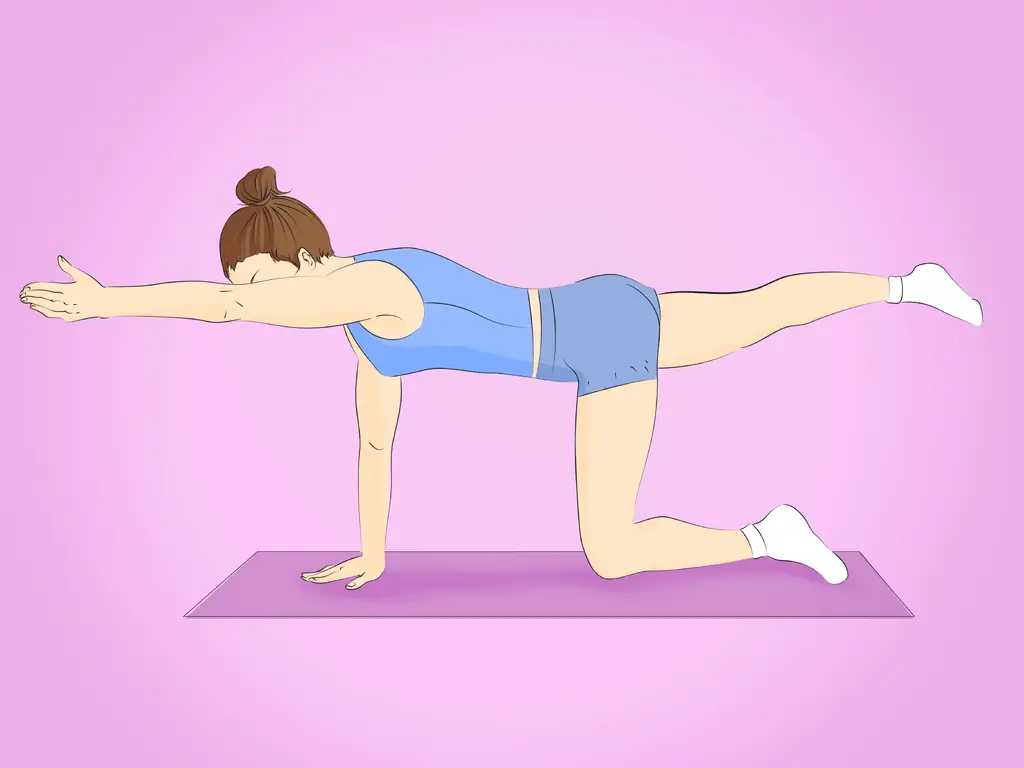How Physiotherapy Core Strength can Help with Back Pain?
What is Core Strength?
Core strength indicates the strength present in the underlying muscles of the torso. That part supports the development of strong abdominal, spinal, pelvic, and hip muscles and enhances the potentiality of the core muscles. It enables the back to remain erect makes you less prone to back injuries, and guides you in proper ways regarding spinal alignment. It’s Physiotherapy that fetches out productive treatment procedures to reduce back pain and re-establish its mobility back to normal without any side effects.
Research reveals that almost 8 out of 10 people suffer from lower or upper back pain. Since your abdomen lies in the middle and is an integral part of the core muscles, you must focus hard to build it stronger. Thus, it becomes necessary to pay attention to your abs development as these are the spine’s front anchors. Robust core muscle prevents you from injuries and strain.
Core Strength Techniques
It is advisable to maintain a good posture when sitting, standing, walking, jumping, and performing activities to avoid Nagging lower back pain and irritating upper back pain. There are various key techniques to be applied that propel your muscle ability and steer clear back pain. Let’s have a look:
- Stretching: Try to avoid remaining in the same position. Physiotherapists advise you to stretch your body parts and move your body from time to time to facilitate circulation and improve the overall organ system. You can use a back stretcher like this one from Sports Engineer to help relieve muscle pain and stress.
- Losing weight: Try to lose weight or maintain a healthy weight to avoid extra pressure on the back. It is especially suggested by physiotherapists to prevent the back from strain.
- Good and sound sleeping: Physiotherapists suggest you take a good and sound sleep for at least 8 hours. It gives rest to your back and helps to enhance your core strength.
- Proper lifting: While lifting any stuff, make sure that you put pressure on your legs instead of your back part. It puts less pressure on the back, maintaining its strength.
- Exercising: Various core stability exercises are essentially included as a part of the treatment. These exercises reduce pain,, strain, muscular imbalance, and muscle spasms; improve normal movements, posture, balance, and coordination; and enhance muscle strength flexibility, and stability of the pelvis and the spine, and so on. These core-strengthening exercises provide a regular kick-starting ability to your physique and play a pivotal role in your daily life.
Phases
These exercises have different phases starting from beginner’s level moves, Intermediate moves, and advanced moves.
 The beginner moves are simple and easy and are meant for those who just started adapting these exercises to their routine. These exercises include Crunch, Bridge, Plank, Supine Toe Tap, etc.
The beginner moves are simple and easy and are meant for those who just started adapting these exercises to their routine. These exercises include Crunch, Bridge, Plank, Supine Toe Tap, etc.- Next comes the intermediate moves. These moves are of secondary level. As soon as you acquire a stronger ability by getting habitual through the beginner moves, you should higher your level and practice Intermediate moves. These moves involve Bird dog exercises, mountain climber exercises, warrior crunch exercises, and so on.
- After that, you have to proceed with the complex ones, and those are called advanced moves. Side plank with rotation, Bird dog with an elbow to knee, bicycle crunch,
Apart from these exercises, various other productive exercises or moves work dynamically in mitigating the core muscles, namely, Sliding Pike, Jackknife, Pancakes, Dead bug, Russian Twist, Towel Plank, Knee-in, and a lot more. However, it is suggested to consult your physiotherapist once before inculcating any particular exercise in your routine.
According to expert Physiotherapists, it is highly significant to incorporate healthy habits, and a balanced diet exercise routine to improve your core strengthening abilities. These adaptations boost your core strength and allow you to remain carefree to some extent. Eventually, you will remain less likely to approach back pain treatments and medications.
Physiotherapist Advice
According to a renowned Specialist in back pain, for sportspersons, strong core muscles play a fundamental role in boosting their back abilities. An athlete with weak core muscles is easily susceptible to poor posture, muscle injuries & strains, and lower back pain leaving him/her in an adverse condition where less endurance and more fatigue prevail. Therefore, it’s necessary to incorporate productive physiotherapeutic exercises and methodologies to give firm support to your whole physique.







 The beginner moves are simple and easy and are meant for those who just started adapting these exercises to their routine. These exercises include Crunch, Bridge, Plank,
The beginner moves are simple and easy and are meant for those who just started adapting these exercises to their routine. These exercises include Crunch, Bridge, Plank, 



